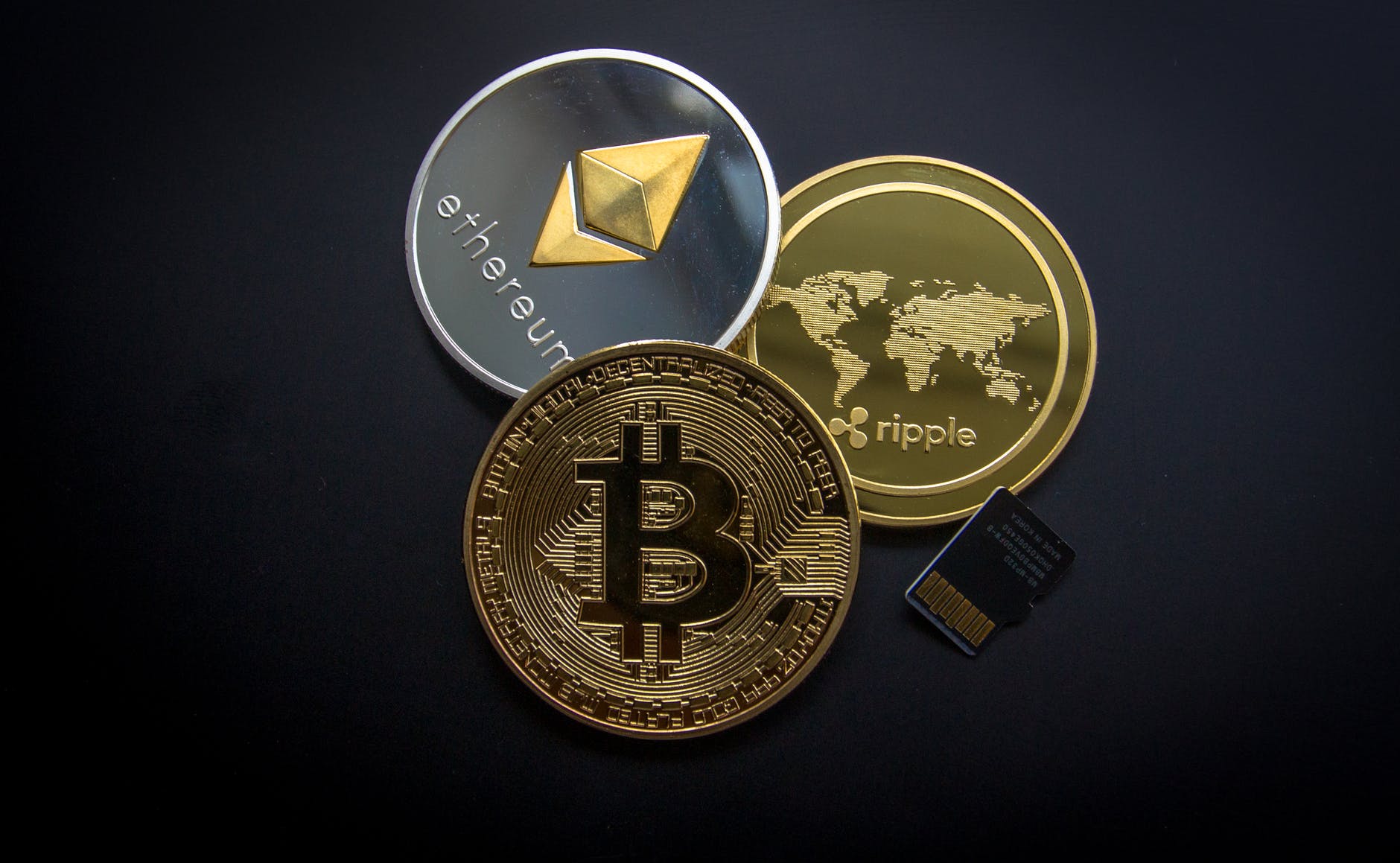
The advent of smart technologies, peer-to-peer network and the growing consumerism in the world today has propelled many governments and institutions to pursue the goals of a cashless society. Simply put, a cashless society is an economic state whereby transactions happen without the use of physical money. Everything happens digitally.
While many would argue that cash is still king, going ‘cashless’ is actually a far better proposition. In fact, many progressive nations include it as part of their national agenda. In Singapore, building a Smart Nation is one of the country’s key initiatives, and in it, achieving a cashless economy is one of the current focus areas. In China, payment giants Alipay and WeChat Pay are now the top two preferred payment options among China’s high net worth individuals, pushing the country further towards a cashless society. Not to be outdone, a study revealed that “more than a third of Europeans and Americans would be happy to go without cash and rely on electronic forms of payment if they could.”
These developments are not isolated. Rather, they mirror the reality that’s happening from all corners of the world today.
It’s the sharing economy, stupid
Part of the reason of the rapid increase in popularity of cashless payments is the widespread acceptance of the sharing economy. The tectonic shift in how traditional services are being delivered makes for a compelling reason for many to adapt digital payments. Companies like Uber and Airbnb are leading the charge in this arena.
According to eMarketer, a renowned research firm, “16.9% of US adult internet users are expected to use their Airbnb account at least once, equating to 36.8 million people. By comparison, 20.4% of US adult internet users, or 44.4 million people, will book a ride on their Uber account at least once this year.”
And that’s just Uber and Airbnb. As we all know, the sharing economy has now extended its reach in every fabric of society including real estate, transportation, property and technology.
The next wave: crypto-economy
While digital payments entail a lot of benefits, there is no doubt that it also comes with a lot of drawbacks. One particular area of concern is the risk of identity theft and fraud. Culturally, we’re not attuned to digital transactions and many individuals, even the highly educated ones, could easily fall into phishing traps.
Moreover, the transaction fees involved, simply by processing payments through digital medium, tend to be on the high side. In some instances, wiring of payments could take days to complete at fees of 10% or more – a deplorable idea in this age of superfast internet.
For many years, this has been the standard operating model of cashless transactions. Of late though, things are changing. People yearn for a new type of currency that is more reliable and not under any control by central authorities. This desire was fulfilled by crypto currencies.
A crypto currency is a digital asset designed to work as a medium of exchange that uses cryptography to secure its transactions, to control the creation of additional units, and to verify the transfer of assets (source).
In 2009, the first crypto currency ‘Bitcoin’ was introduced. Since then, hundreds of cryptocurrencies have hit the market trying to capitalize on the rising popularity of tokens and coins and especially ICOs as a way to raise funds for technology projects.
However, one of the latest crypto currencies in particular stands out – Ducatus Coin.
Ducatus uses industry-standard cryptographic algorithms and blockchain technology in order to provide a user-friendly and reliable experience. Ducatus has been designed as a secure and fast payment coin enabling its members to conveniently use Ducatus coins in daily transactions. But Ducatus is so much more. The Ducatus group of companies has set its goals much higher, to create a first of its kind crypto-economy where peer-to-peer payments using crypto currencies are 100% adopted by every participant without ever exchanging back into FIAT currency. To kick start the economy, the group is opening related business such as its newly opened cashless Ducatus Café in Singapore.
The Ducatus group of companies has set its goals much higher, to create a first of its kind crypto-economy where peer-to-peer payments using crypto currencies are 100% adopted by every participant without ever exchanging back into FIAT currency. To kick start the economy, the group is opening related business such as its newly opened cashless Ducatus Café in Singapore.
Currently, there are 330 million Ducatus Coins sold to early adopters in more than 150 countries. According to its CEO, Ronny Tome, “it is important to return to the original goal envisioned by ‘Satoshi Nakamoto’ of creating an alternative peer-to-peer transaction system and not just something that you buy low and sell high.” Ducatus is taking this 1 step further by creating its global crypto-economy, providing a compelling proposal for users and merchants alike through its fast growing community.
Indeed, today the road to a truly cashless society is still paved with thorns. However, with the advent of crypto currencies, one day, this could be an absolute reality.
Article written by: Ducatus Global
Meet our partner, Ducatus Global, on the 26th September 2018 at the H.E.R Asia Summit as they share more on how cryptocurrency can digitalise your business. For more information, visit: http://bit.ly/hersg2018.
